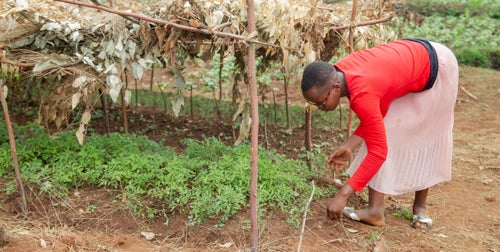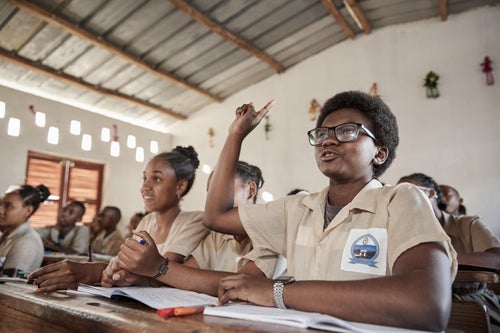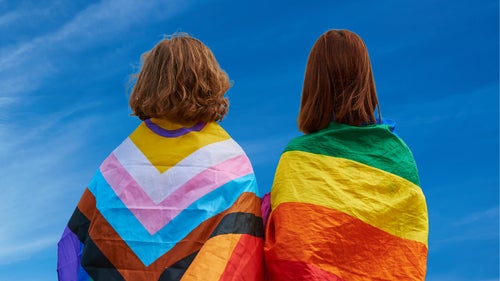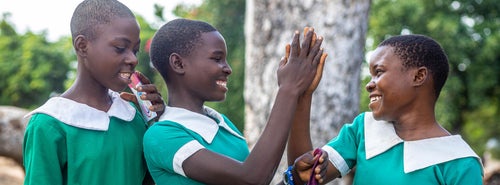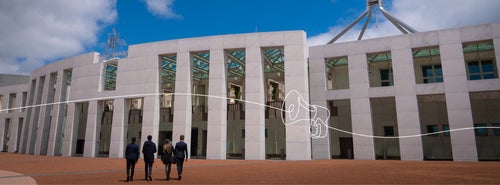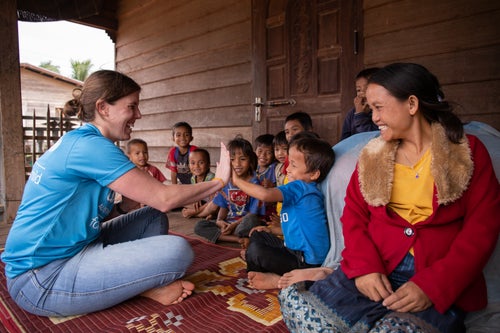The federal election is happening on Saturday 3 May, and it’s the first time Gen Z and Millennial voters will outnumber their older counterparts in an Australian election. It means that now more than ever, young Australians have the chance to shape our government and the decisions it makes on their behalf now and into the future.
Our Young Ambassadors know how important it is to have an opportunity to speak up for children’s rights and on issues that matter most to young Australians.
Find out why UNICEF Australia Young Ambassadors Reede, Charlotte, Lincoln, Peter, Todd, Chelsea, and Ashwini believe young people should care about the federal election and why it’s important to be informed before you vote, including some helpful tips for first-time voters.
Why are some young people switching off from politics?
According to data from the Australian Election Study, young Australians – like other young people around the world – are becoming increasingly disengaged from politics. Many are feeling disconnected from traditional political parties, believing that their interests are not adequately represented, or that their vote is powerless. In fact, almost half of Gen Z Australians who voted in the last election admitted that their main motivation to vote was to avoid a fine, rather than out of a sense of duty or to support a particular party or candidate.
21-year-old Reede knows young people who feel this way, but he wants them to know that their vote does have an impact.
“Young people think that their vote doesn't necessarily mean much, that it's just one vote and won’t change anything – but in reality, it means a lot,” Reede says. “Your vote is your way of expressing your opinion... whether your vote elects a person directly, or [that person] gets more support in going into the next election.”
Why should I care about voting?
In Australia, voting in an election is compulsory by law for every eligible Australian citizen aged 18 years and over. But the Young Ambassadors say there are so many other great reasons to vote as well.
“In a democracy, voting is our most direct method of political participation,” says 22-year-old Charlotte. “Our say matters because elections directly shape the future.”
16-year-old Ashwini agrees, saying that young people are the current and future generations that will be disproportionately impacted by policies made today. “Politics dictates how our society runs, so understanding it is crucial to ensuring you know how it will impact your own life,” she says.
"By exercising our right to choose our leaders, we ensure that our people as a whole determine our nation’s destiny, not a select few."

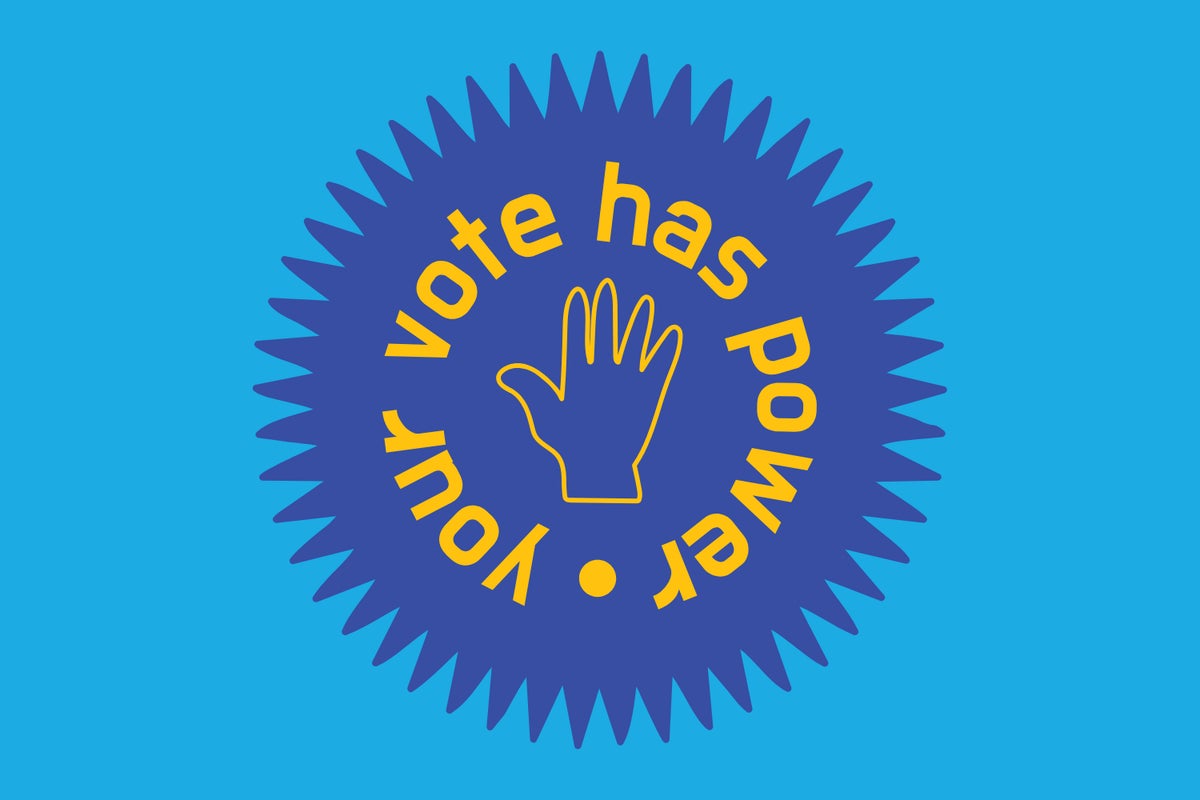
What if I don’t know who to vote for?
The Young Ambassadors agreed that a good starting point for young people who weren’t sure who to vote for or are considering voting the same as their parents or friends is to look at the issues you care about and what you value in life.
“I usually don't really pay attention to parties, I go off the person in my electorate that I think is going to align with my values the most or even align with the community's values the most,” Reede suggests.
Lincoln, 23, says he likes to do the ABC’s Vote Compass, which might be useful to undecided voters. “It always surprises me where I land and how my values align with each party on the political spectrum in Australia,” he says.
"Start by thinking about the things you love in life. Then think about the things you wish you could change. Find out who’s doing something about it and who cares about the same things as you. That’s who I vote for. You don’t need to be a policy expert to know who cares about you and your future."

What are some tips for first-time voters?
It can feel daunting to vote in an election, especially for first-timers. But the Young Ambassadors have three top tips for voters who are participating in their first election or aren’t sure who to vote for.
1. Get informed – The Young Ambassadors recommended doing some research beforehand to make an educated decision when it comes to voting, whether it be looking at a range of trustworthy news sources, party or candidates’ websites or other election material.
Charlotte recommends following social media accounts such The Daily Aus that post easy-to-understand information aimed at young people, as well as reaching out to Australian youth-led organisations who can help you find out more about issues that are affecting children and young people and what political candidates are pledging to do about them.
You can also check out our UNICEF Youth election guide for more resources to help you get more informed.
2. Vote on your own terms - Even if you’re not that interested in politics, it’s important that you vote according to your own values, rather than those of your family or friends. For some people, this can be really hard to do. Todd, 19, says: “Try not to be influenced or coerced by friends or family – this is your vote!”
3. Take your time – On Election Day, Todd recommends to “get there nice and early to comfortably and quickly complete the voting process.” For those who want more extra time to fill out their ballot without the rush of voting in-person, Reede suggests applying for a postal vote. “It means that I can just sit down with the ballot with all the information in front of me, and I can take my time,” he says.
"Do your research and do it using a variety of sources. It doesn’t have to be a full deep dive into every policy that every candidate had ever pledged. Research can be done in a variety of ways: reading news articles or TV programs and even scrolling TikTok or Instagram – as long as you’re aware of the biases and the context behind the political content you’re consuming."

Why is it important for young people to make an informed choice when they vote?
Voting for candidates and parties that align with your own values ensures that your interests and concerns are represented at a national level, even if your preferred candidate doesn’t win. An informed vote helps also helps you shape the kind of future that you want for yourself and others.
“Governments are making plans and policies now which will significantly affect our futures,” Chelsea says, so your vote “can have significant consequences over not only the three years between elections but also beyond.”
Peter warns young voters to be wary of political spin during election campaigns. “Being informed of politicians' voting records and parties' policies from trustworthy sources before voting is crucial because statements that candidates make do not always match up with their actions,” he says.
Charlotte also says to watch out for misinformation and disinformation, particularly online. “In 2025, it's more important now than ever that young people do their research and come to their own conclusions about who to vote for,” she says.
"This is our chance as Gen Z to shape our future. Issues such as the cost-of-living crisis, digital wellbeing, and climate crisis are central in this election. Let's inherit a future that we can say we were proud to have voted for."

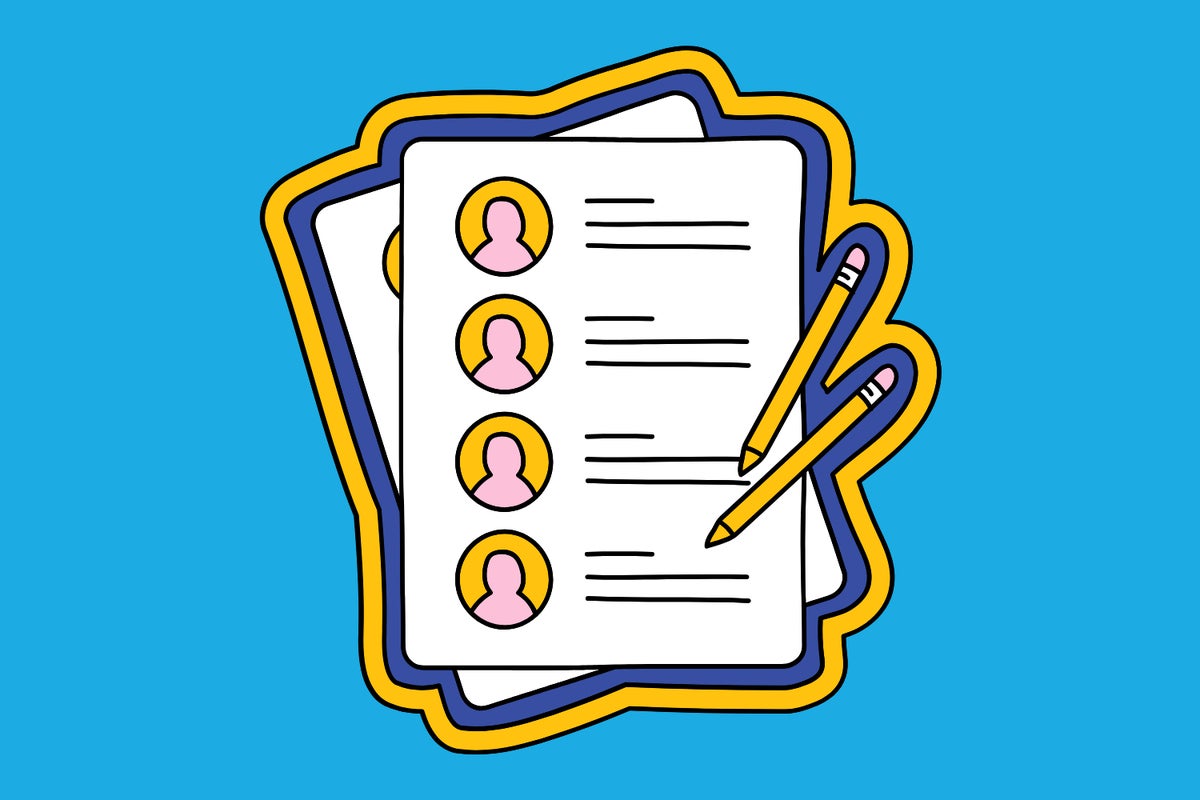
UNICEF Australia believes that every child and young person should have a say in matters that affect their lives. When every child and young person is given this opportunity, UNICEF sees it result in better outcomes.
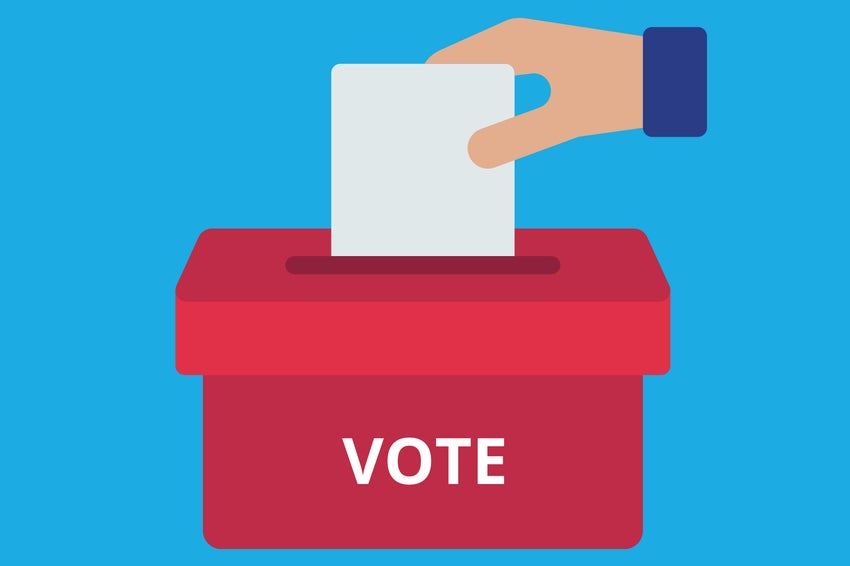
Your guide to the federal election
For more information and resources to help you get informed before voting, visit our UNICEF Youth guide to the federal election.
Related articles
Stay up-to-date on UNICEF's work in Australia and around the world









